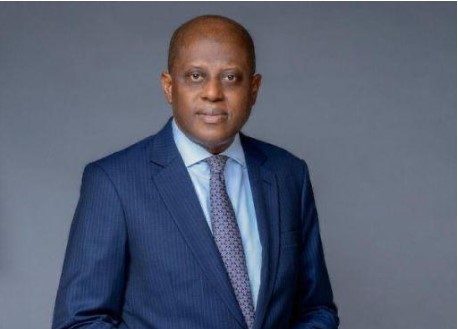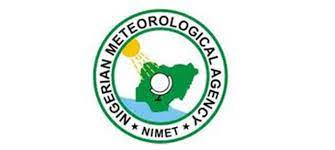
Cash shortage hits banks, customers rush for BVN/NIN revalidation
On Monday, a massive throng of people crowded banking halls to link their National Identity Numbers and Bank Verification Numbers to their bank accounts.
This was in response to the banking regulator's new order, which was sent to the banks on Friday, prohibiting customers from accessing their accounts if they had not yet linked their BVN and NIN.
"Ensure all operated accounts/wallets created through agents, are fully profiled in the NIBSS ICAD and tagged with valid and correct BVN and/or NIN," stated CBN in its new directive for existing customers.
"Any unfunded account or wallet shall be placed on 'Post no debit or credit' until the new process is satisfied,' it stated, effective immediately.
"All funded accounts or wallets shall be set to 'Post no debit or credit' with effect from March 1, 2024, and no further transactions shall be allowed."
A restriction put in place by banks on particular accounts that prohibits users from making withdrawals, transfers, or debits from those accounts is known as "post no debit."
Observing big clients at Zenith Bank, Guaranty Trust Bank, and First Bank's Ojodu/Berger branches responding to the new directive by coming in to link their NIN to their bank accounts. As our correspondent was leaving GTBank, the lines were still very long.
An employee of First Bank in Akure, Ondo State, who begged to remain anonymous, reported that there was a larger than usual crowd inside the bank.
"Today, there are more people in the bank to complete various tasks, most notably connecting their Bank Verification Number," he stated.
"The truth is that many banks will find it difficult to cope with the anticipated rush as we have lost several key employees to the Japa syndrome," a senior official of a Tier-1 bank in Lagos stated in an interview. In addition, the banks had started to reduce their workforce in order to maintain low operating costs.
In an interview, a branch manager of a new generation bank stated that if the volume of customers without BVN and NIN increased, the lender would be forced to extend the hours that its staff works and may even consider opening on Saturdays and Sundays in order to expedite the process of clearing the backlog.
Since only 59 million BVN were registered as of October 9, 2023, according to the most recent data from the Nigeria Inter-Bank Settlement System, over 75 million bank accounts could be restricted or completely blocked.
financial hardship
Additionally, the CBN has ordered banks to keep printing and accepting redesigned and old naira banknotes, but the shortage of local currency has remained.
Our correspondence saw that while Automated Teller Machines were set up to dispense finite amounts of cash, banks were still restricting the amount of naira notes that customers could obtain in the banking halls.
When our correspondent went to the ATMs at FCMB, Gate, Ejigbo, he saw that the patrons were disappointed that there was no cash available for them to take out.
Upon questioning bank officials about the absence of cash for withdrawal, they informed our correspondent that the cash was not loaded into the machine.
Customers who were not bank customers could withdraw a maximum of N5,000 from ATMs at GTBank, Gate Ejigbo, while bank customers could withdraw up to N20,000.
Bank customers could withdraw up to N20,000 from ECO Bank at Gate, Ejigbo, while non-bank customers could only get up to N10,000.
Operators have connected the recent cash shortage to their concern that some older denominations might be prohibited by the banking regulator by year's end.
The CBN, however, has directed all of its branches to continue issuing and accepting all denominations of Nigerian banknotes, old and redesigned, to and from Deposit Money Banks in order to allay the fears expressed by the public. This is in response to the Supreme Court's Wednesday, November 29, 2023, order that granted the Minister of Justice and Attorney-General of the Federation's prayer to extend the use of old naira banknotes ad infinitum.
In order to eliminate any confusion, the Supreme Court ruled that both the redesigned and the older N200, N500, and N1,000 banknotes will remain valid forms of payment.
Informed by a few bank spokespeople who wished to remain anonymous that the CBN had not issued any new directives restricting cash transactions to specific customers.
According to a bank source, "the scarcity could be due to some cash hoarded that have not been returned back into the economy."





